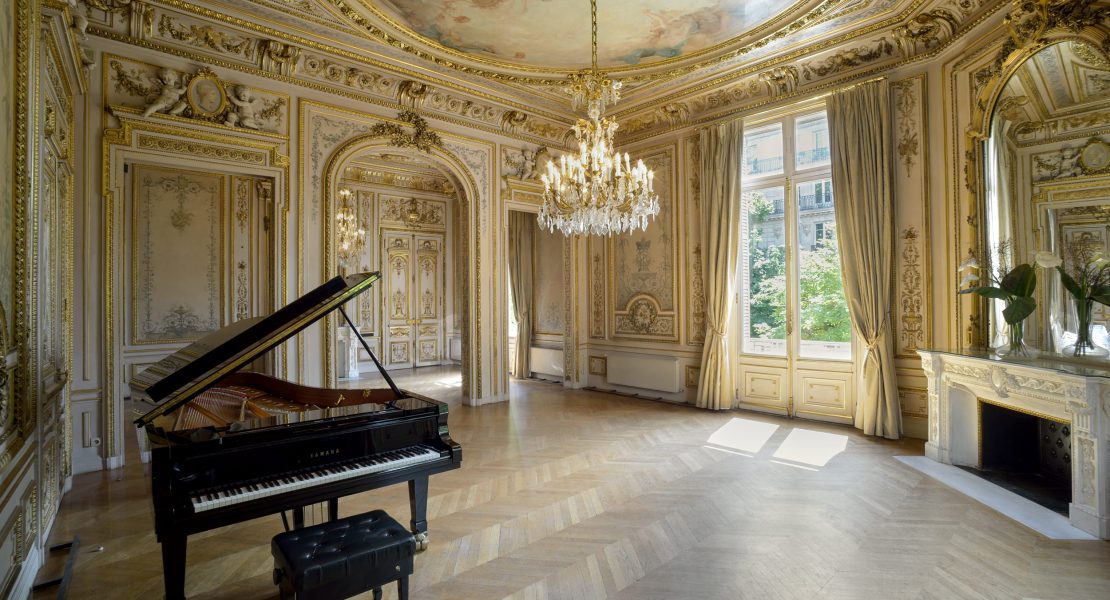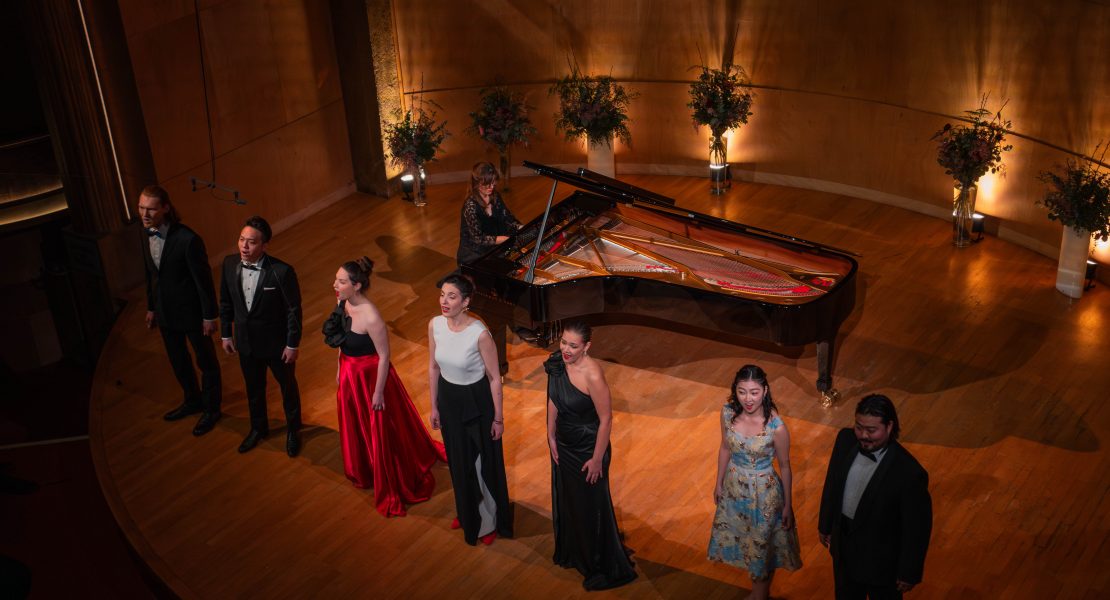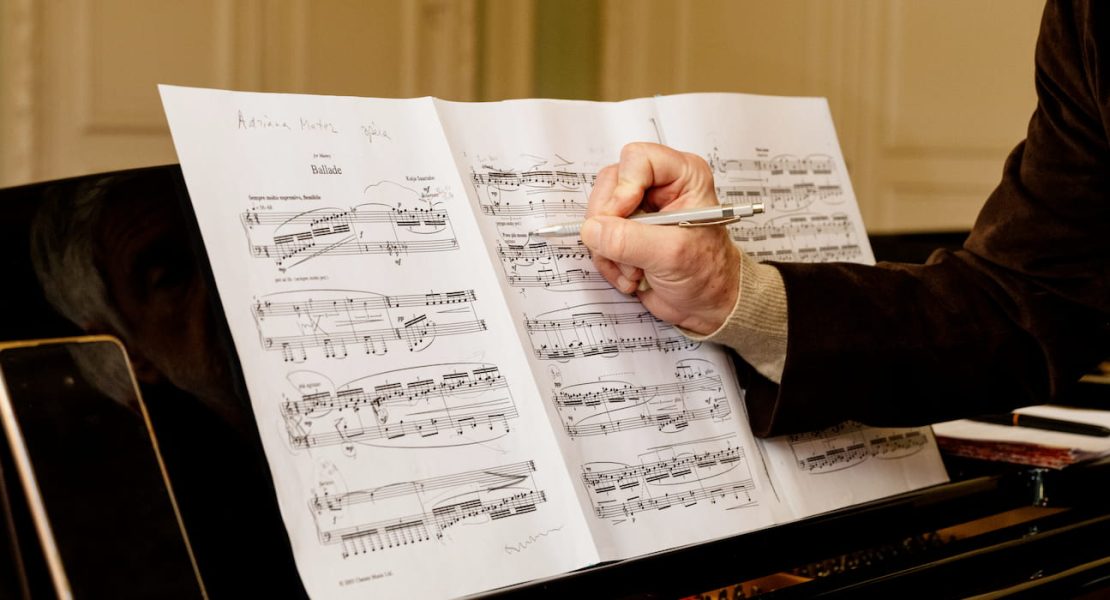The school history
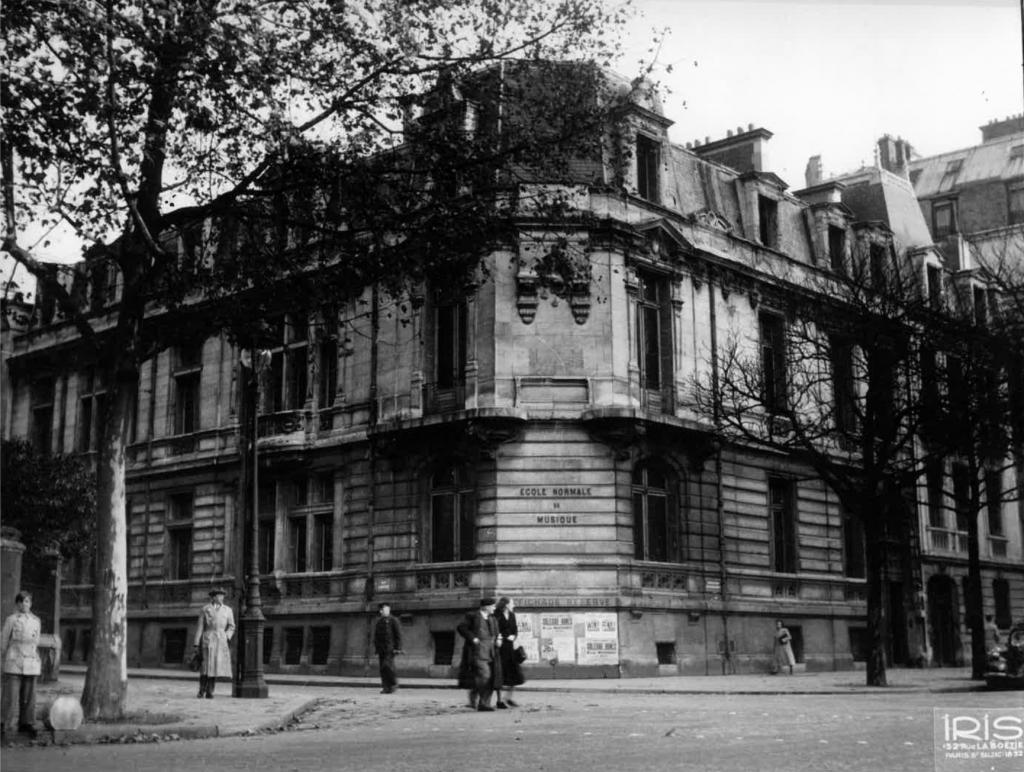
The history of the École began on October 6, 1919, when it was founded by Alfred Cortot, one of the greatest pianists of his time, and Auguste Mangeot, a music critic, pianist and enthusiastic teacher. Their shared ambition was to promote French musical genius while broadening the horizons of musical culture internationally.
At a time when the Conservatoire allowed access to only a limited number of students, particularly foreigners, Cortot and Mangeot had the idea of creating a complementary institution open to both French musicians and foreign students, often excluded from traditional curricula.
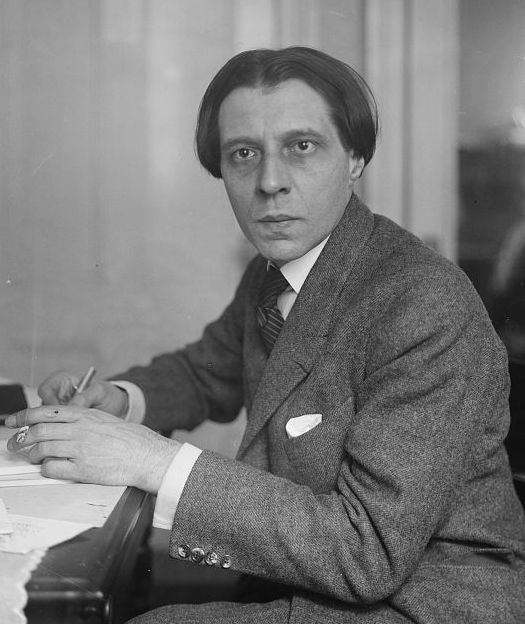
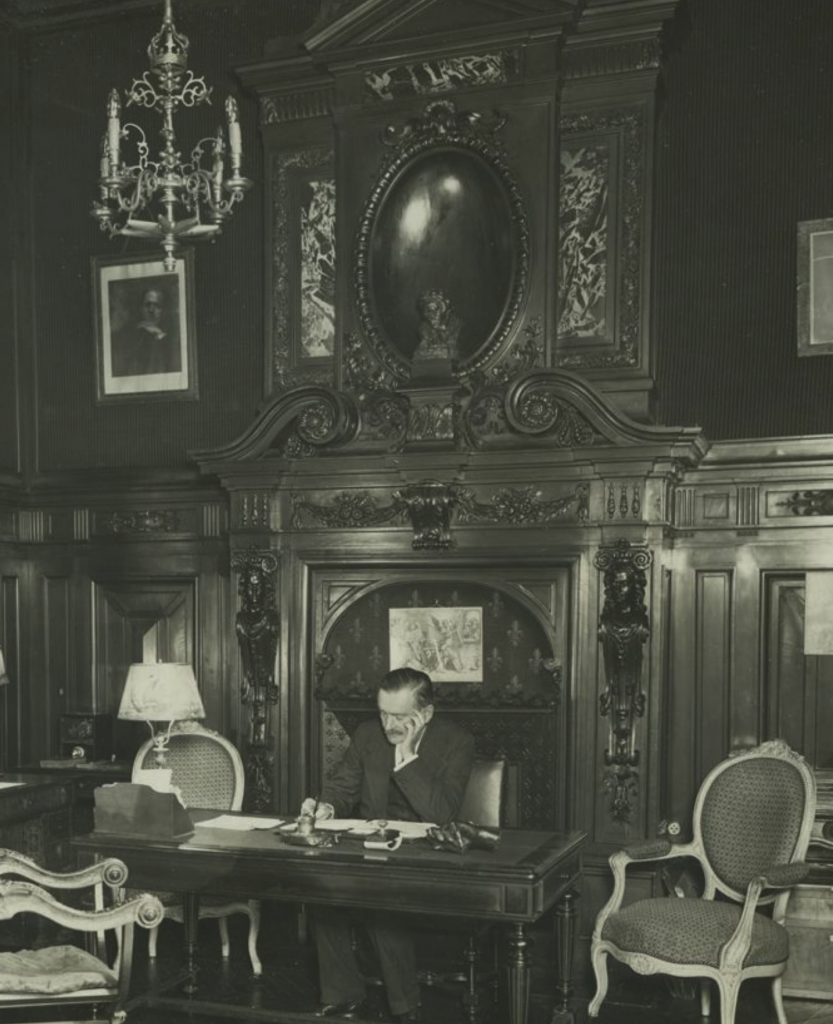
The École Normale de Musique de Paris was conceived as a professionalizing school, where musicians could not only become top-level performers, but also cultivated and enlightened teachers. With no entrance examinations or age limits, the school adopted an innovative approach: a simple audition was used to divide students according to their level. The initial aim was to offer a comprehensive education, integrating not only music lessons, but also complementary disciplines such as solfeggio, analysis, chamber music and music history, in order to train complete artists.
From the outset, the School has attracted some of the biggest names on the musical scene to join its faculty. Even today, the excellence of its teaching staff, chosen from among the French and international musical elite, remains one of its major assets. The diversity of nationalities among our students reflects the international outlook that has always characterized the school. This intercultural dialogue contributes to the educational and artistic richness of the École, enabling its students to open up to new horizons and nurture their careers with a global perspective.
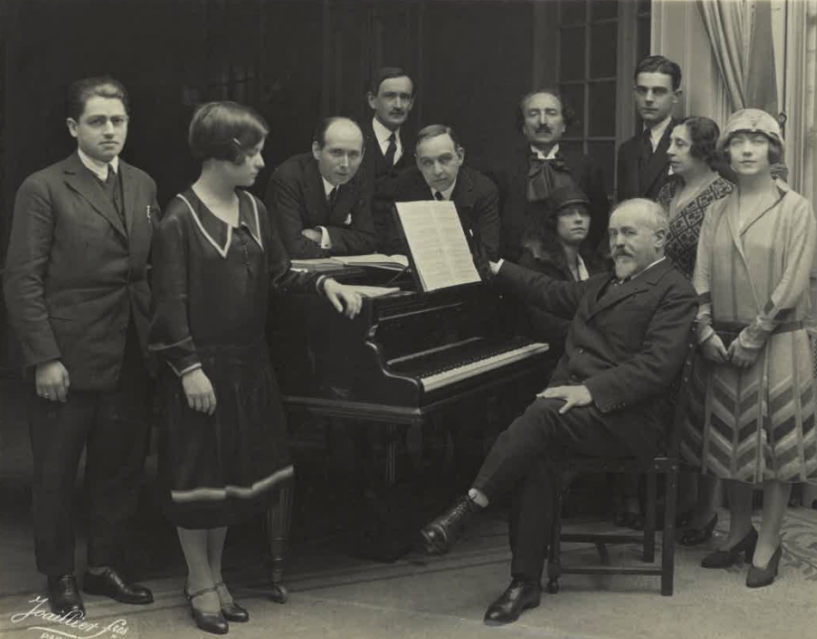
Philanthropy, established at the very beginning of the École, also plays a key role in its longevity and influence. Thanks to the support of patrons, the École has been able, since its inception, to offer opportunities to promising young talent, regardless of their resources. This commitment has enabled the École to maintain its high standards, while remaining accessible to all.
Today, many of the École’s former students are pursuing international careers, perpetuating the dream of Alfred Cortot and Auguste Mangeot to spread French musical culture throughout the world.


